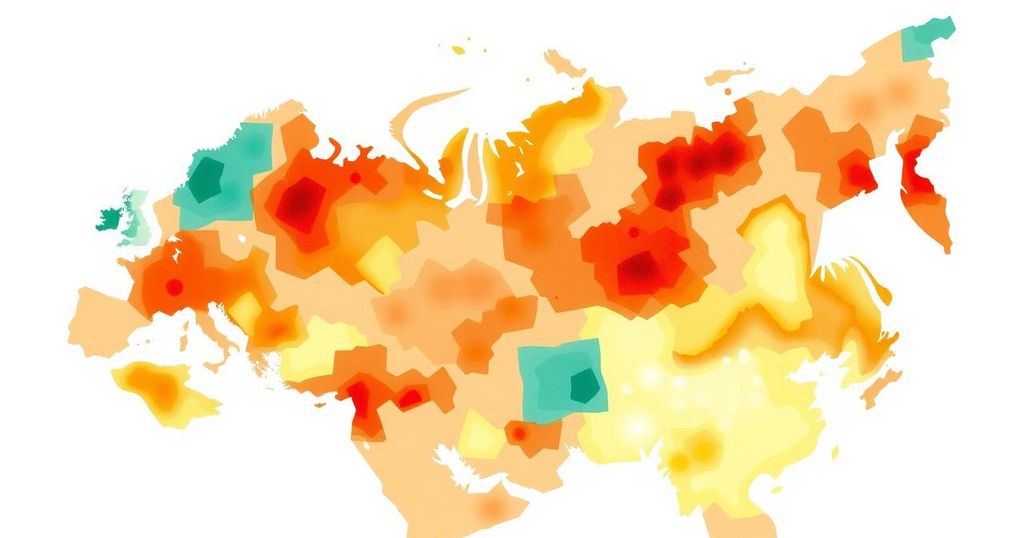Russia’s Growing Influence in Mali Raises Concerns Amid Global Tensions
Recent developments indicate Russia’s increasing influence in Mali, raising concerns about regional security and governance. Concurrently, incidents involving Iran and cybersecurity threats connected to Russia highlight the intricate geopolitical tensions. In domestic news, New York City’s decision to implement ranked choice voting contrasts with Bradley’s ambitions in the Ryder Cup, as Colorado law enforcement stays vigilant amid rising international tensions.
In a developing story, reports have surfaced focusing on the relationship between Russia and Mali. Recent actions by Russia in Mali have garnered international attention, indicating a shift in military and diplomatic dynamics in the region. Observers are keenly watching how this may impact local governance and the geopolitical landscape, particularly with rising tensions around NATO gatherings and security in West Africa.
Mali has faced significant turmoil and instability in recent years, prompting various nations to reassess their involvement there. Russia, it appears, is stepping in amidst these challenges, but questions linger regarding the implications of its engagement. Some analysts are expressing concern over an increasing presence that may coincide with a trajectory towards authoritarianism.
The Dutch government has drawn connections between pro-Russian hackers and their targeted attacks on municipalities, particularly in relation to the upcoming NATO summit. This highlights the cybersecurity risks exacerbated by geopolitical strife, drawing attention to the multifaceted threats nations face today.
In the throes of heightened military posturing, the situation between Iran and Qatar adds another layer of complexity. Iran has issued statements about recent missile attacks and their notable intensity – displaying a vigorous stance as it seeks to navigate its relations within the Middle East and beyond. No casualties have yet been reported from this incident, but the threat perception is palpable.
On a different front, New York City has adopted ranked choice voting for its Democratic mayoral primary, a significant electoral change that could influence voter turnout and political engagement. This method, although piloted elsewhere, will be scrutinized for its effectiveness in capturing voter sentiment and fostering competition among candidates.
Notably, the Ryder Cup also captures headlines as Bradley expresses ambitions to fill a captaincy role following his recent win. This adds excitement to the sporting world and showcases the growing interest in leadership within competitive golf.
In light of ongoing developments, Colorado law enforcement is on heightened alert following airstrikes tied to U.S.-Iranian tensions. Their vigilance underscores the reality that domestic safety is increasingly intertwined with international events and military operations. The public is watching closely as these narratives unfold across different scopes of society.
As relations between Russia and Mali evolve, the world observes potential shifts in both regional stability and security. From cybersecurity threats connected to NATO to political reform in New York City, the international community remains engaged. As various narratives converge, be it military conflict or sports leadership, developments in these areas reflect a complex, interconnected global landscape that insists on our attention.
Original Source: www.messenger-inquirer.com




Post Comment